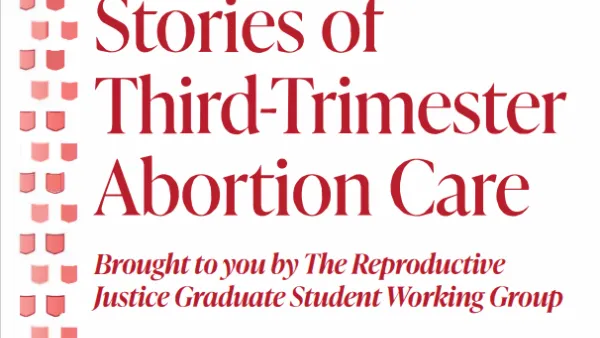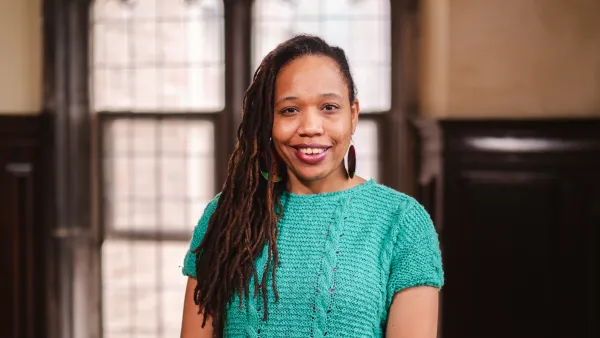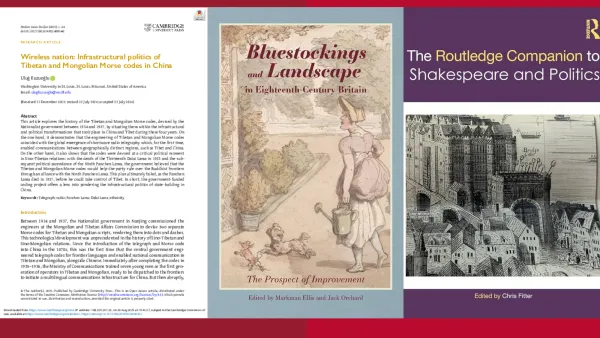Yael Fuchs graduated from Washington University in 1998 with a double major in history and Chinese. She now works in the New York State Attorney General's office, where she is the co-section chief of the Charities Bureau section. We asked her five questions about her time at WashU and work in the public sector.

What sparked your interest in the law?
My interest was first sparked by an incredible teacher my senior year of high school. He was one of those dream educators who inspired young minds to contemplate big concepts like justice and think critically, all the while quoting the Simpsons. He was also the advisor for our high school mock trial team. With mock trial I discovered that law provides tools to advocate for a particular position and achieve a desired solution. I think as a teenager I found that very empowering. I still do.
How did your time as a history major shape your future career as a lawyer? Are there any classes you took or professors you worked with who were particularly influential to your early career development?
Big picture, my time at WashU helped teach me how to think. It may be a cliché but it's a true one. My time as a history major taught me to think about the forces that shape our society, and to think critically and skeptically about any fixed self-perception we may have as a society. I think current events have burst a lot of bubbles about who we thought we were as a country. That's a good thing in the long run, because we need to face our demons. More concretely, my advisor, Professor Max Okenfuss, was an inspiration from day one, and Professor Paulson's course on the Philosophy of Law was hugely impactful in thinking about the relationship between law, power, and justice. I also studied abroad in China while I was at WashU, and I'm so grateful for that opportunity. My time there led to my first job out of undergrad, as an assistant to a Chinese human rights activist, and also provided an incredible comparative perspective.
Your career trajectory has included work for a major New York-based law firm and a stint as a foreign law clerk for the Supreme Court of Israel. What led you to pursue public service in the New York Attorney General’s Office?
My time at the law firm provided the highest quality training and exposure to some of the top legal professionals in the country. The AG's office is where I feel I've come into my own as a lawyer. I have the privilege of devoting all of my professional time to combating fraud and helping a wide range of not-for-profits improve their governance. I have a lot of autonomy to develop priorities and strategy. I also have management responsibilities, so I get to contribute to the vision of the bureau and of the office. It doesn't get much better.
How does your perspective as a history major inform the way that you see current events?
These days it adds to my concern. I think that history teaches us that the powerful will always try to concentrate resources in their own hands, and that it takes enormous vigilance and the occasional mass social movement to bring about corrections to that accretion. It doesn't have to be through revolution. It can be through elections, legislation or other more incremental means. Like many others, I think we're overdue for a correction. On the other hand, maybe it's too easy to say that we're all too attached to our screens to affect change, given that movements like MeToo and Black Lives Matter are certainly changing the conversation and impacting our actions in a real way. And the people I work with give me hope every day.
What advice do you have for students, particularly history majors and recent graduates, thinking about going to law school?
First, don't go to law school as a default. It's a lot of time and expense on the front end, so give it some thought. Think about what you want your daily life to look like and whether the law, or what kind of law, can get you there. Try to get exposure to various aspects of the profession, because it can span so much. And then resolve to be a satisfied lawyer, and if you're not, take the time to reassess. I've taught law students and I try to impress that upon them because I've known too many lawyers that seem to be resigned to a dissatisfying professional career — there can be a disconnect between the idealized version and the reality. But when it all comes together, it's a beautiful thing.



